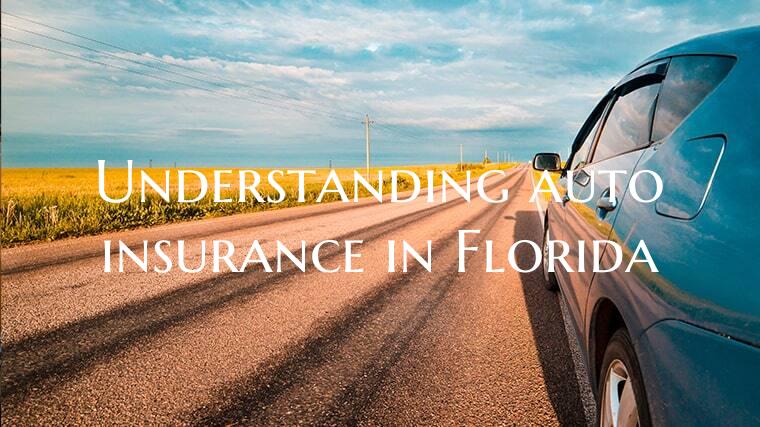Auto insurance is a crucial aspect of financial planning for motorists in Florida. Understanding the ins and outs of auto insurance in the Sunshine State is essential for every driver to ensure they have adequate coverage in case of an accident or other unforeseen events.
In Florida, all drivers are required to have auto insurance that meets the state's minimum requirements. The minimum coverage includes $10,000 in personal injury protection (PIP) and $10,000 in property damage liability (PDL) coverage. Personal injury protection covers medical expenses and lost wages for the policyholder and passengers in the event of an accident, regardless of who was at fault. Property damage liability coverage helps pay for damages caused to another person's property in an accident where the policyholder is at fault.
It's important for drivers to be aware that Florida is a no-fault state when it comes to auto insurance. This means that each driver's insurance company will cover their own medical expenses and damages, regardless of who was at fault in an accident. This no-fault system aims to provide prompt payment for medical bills and reduce the need for lengthy legal battles over fault.
Beyond the state's minimum requirements, drivers in Florida may also consider additional types of coverage such as bodily injury liability, comprehensive, and collision coverage. Bodily injury liability coverage helps pay for medical expenses and other damages if the policyholder is at fault in an accident that causes injury to another person. Comprehensive coverage protects against damages not caused by a collision, such as theft, vandalism, or natural disasters. Collision coverage helps pay for damages to the policyholder's vehicle in the event of a collision with another vehicle or object.
It's important for drivers to shop around and compare quotes from different insurance providers to find the best coverage at an affordable price. Factors such as age, driving history, and the make and model of the vehicle can all influence insurance rates. Additionally, drivers in Florida may be eligible for discounts, such as safe driver discounts, multi-policy discounts, and good student discounts, which can help lower insurance premiums.
In conclusion, understanding auto insurance in Florida is crucial for all drivers to protect themselves and their vehicles on the road. By knowing the state's minimum requirements, optional coverages, and available discounts, motorists can make informed decisions when selecting an auto insurance policy that meets their needs and budget.

